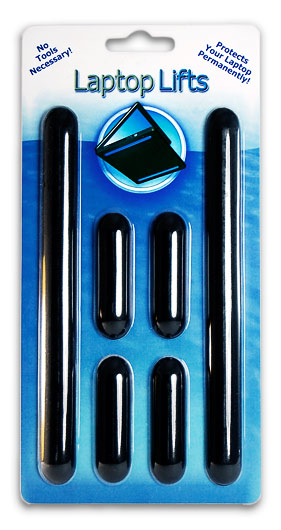I attended the 2011 Texas Freethought Convention in Houston this weekend, and while I was not able to spend as much time gathering viewpoints as I might have liked, I did attend the awards banquet in which noted writer and activist Christopher Hitchens was awarded the Richard Dawkins Award for outstanding contributions to freethought.
Whatever you may think of the views and positions of these two men, they are both unquestionably among the most erudite and gifted writers of our age, and it was a privilege to see them both speak. More than that, it was a wonderful illustration of the civility and compassion to which humanity aspires, and so seldom attains.
Mr. Hitchens, who has not been able to make a public appearance for some time due to his on-going cancer treatment, was most eloquent and giving in his willingness to entertain questions even in his obviously and admittedly weakened state. At one point, a little girl asked him what authors he would suggest for her education, and he told her that he would be happy to meet with her mother and write down some recommendations.
I was planning to sneak out and get home to the babysitter, but when I left the hall I found Mr. Hitchens sitting down with the little girl and her mother.
He sat and talked to them for about ten minutes. It was very sweet. After he left for his car, I asked the mother if she would send me the list, which she very graciously agreed to do, and so here it is, from his notes and their conversation:
The Magic of Reality- Dawkins Greek and Roman myths- especially those complied by Robert Graves Shakespeare Chaucer Other satirical works ( Montesquieu, Voltaire) David Hume Dickens- all, but especially a Tale of Two Cities Ayaan Hirsi Ali- especially the beginning of Infidel where she speaks about her childhood P.G. Wodehouse "just for a bit of fun" especially "Sunset at Blandings."
She promised to revise it with more details from the conversation when she gets home, and if she does, I will share it with you.
I will say that I do not agree with Mr. Hitchens in many regards. It is difficult, after seeing him speak, not to suspect that this may be in error. His is a formidable mind and talent, and the whole experience put me rather in mind of Franklin’s letter to a nephew in which he gives his recommendations for a leaned man.
A most moving evening.
Postscript
Mrs Crumpacker sent me a link to her very moving account of the evening.
http://whyevolutionistrue.wordpress.com/2011/10/11/mason-crumpacker-and-the-hitchens-reading-list/



